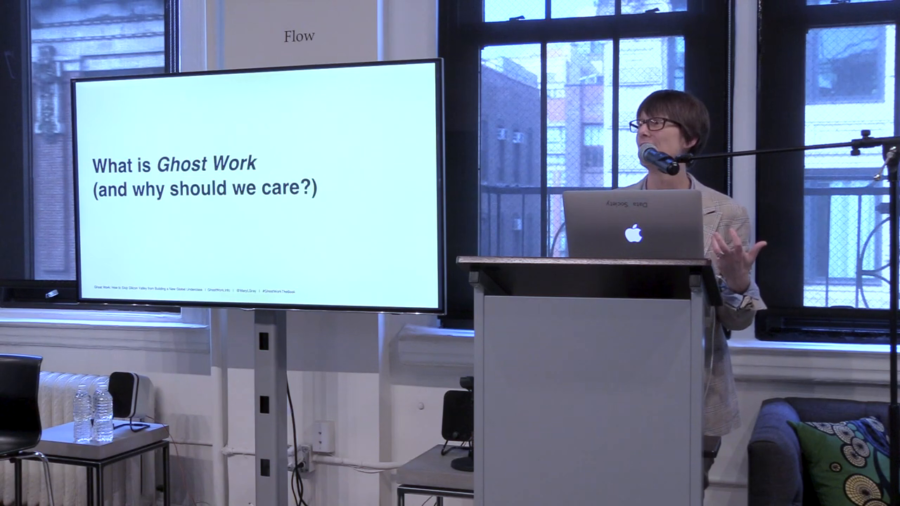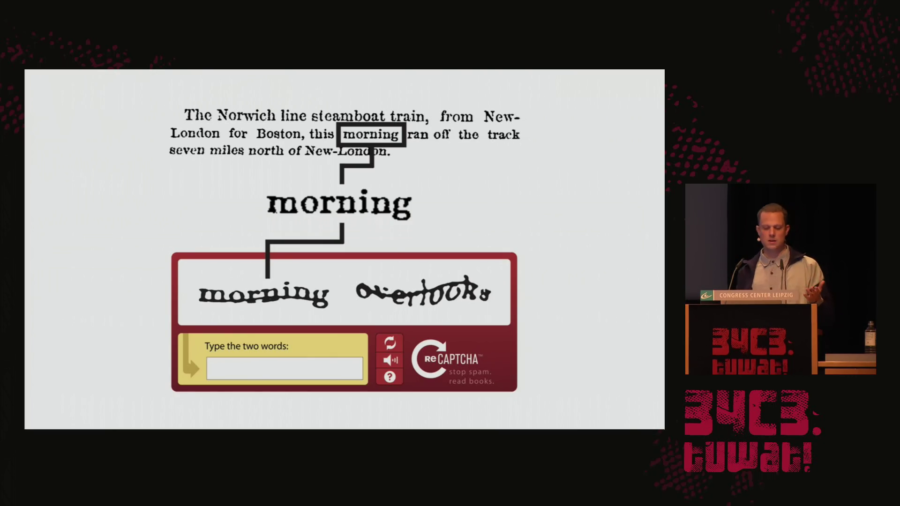What is this condition? I would summarize it as people extending computational systems by offering their bodies, their senses, and their cognition. And specifically, bodies and minds that can be easily plugged in and later easily be discarded. So bodies and minds algorithmically managed and under the permanent pressure of constant availability, efficiency, and perpetual self-optimization.
Archive

I’m just going to say it, I would like to completely blow up employment classification as we know it. I do not think that defining full-time work as the place where you get benefits, and part-time work as the place where you have to fight to get a full-time job, is an appropriate way of addressing this labor market.

I wanted to start off this morning using an American poet and novelist, Langston Hughes. And I quote him to have said, “What happens to a dream deferred?” It is a question now facing millions all over the world, especially young people. Why? Because of poverty. Because of excessive inequality


